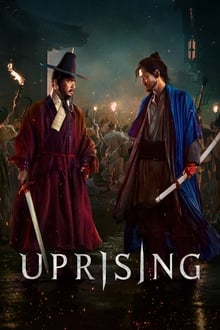-
💡 You can translate our web pages into Telugu, Hindi or any of the 133 languages using the LANGUAGE dropdown in the header for better understanding. Your language choice is remembered across pages and you can hover or tap on any item to see its original/English version in a popup. You can change the language or restore the English version at any time from the translation toolbar that appears in the header after translation. On mobile devices, you may have to tilt the device HORIZONTALLY to see the full translation toolbar.























Recommended Posts
Join the conversation
You can post now and register later. If you have an account, sign in now to post with your account.
Note: Your post will require moderator approval before it will be visible.